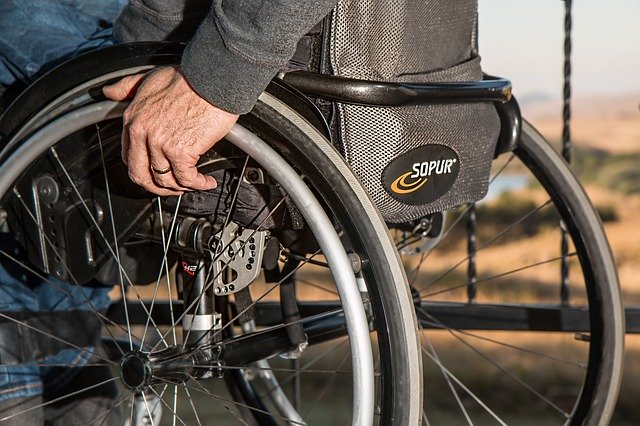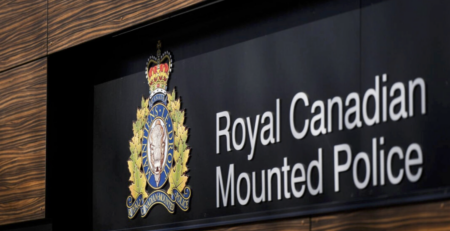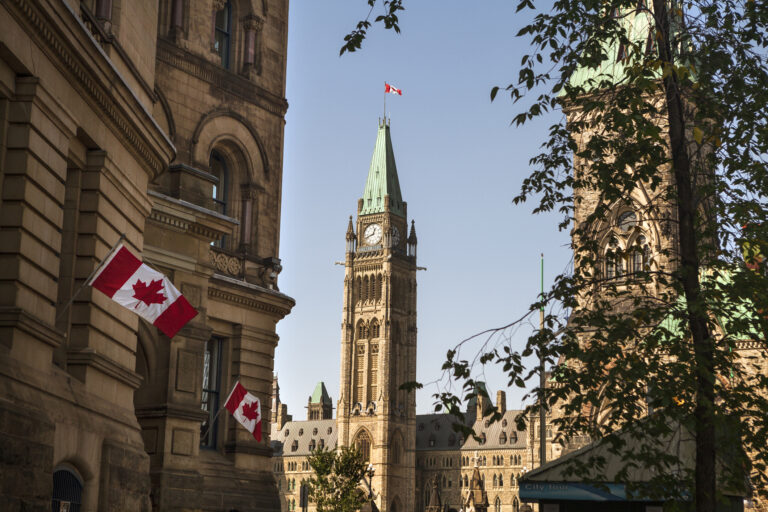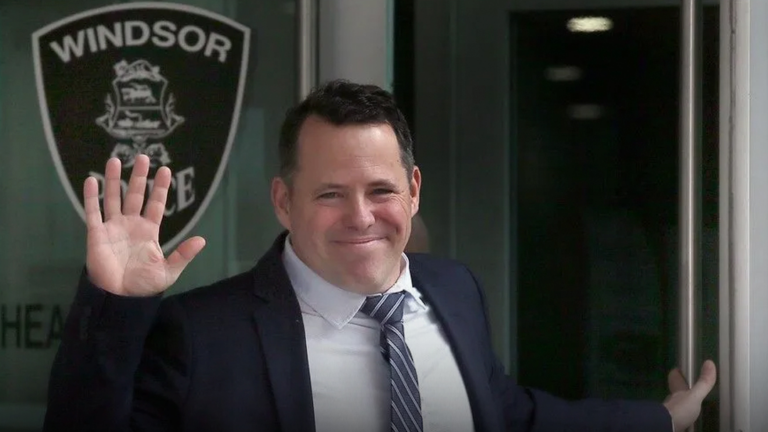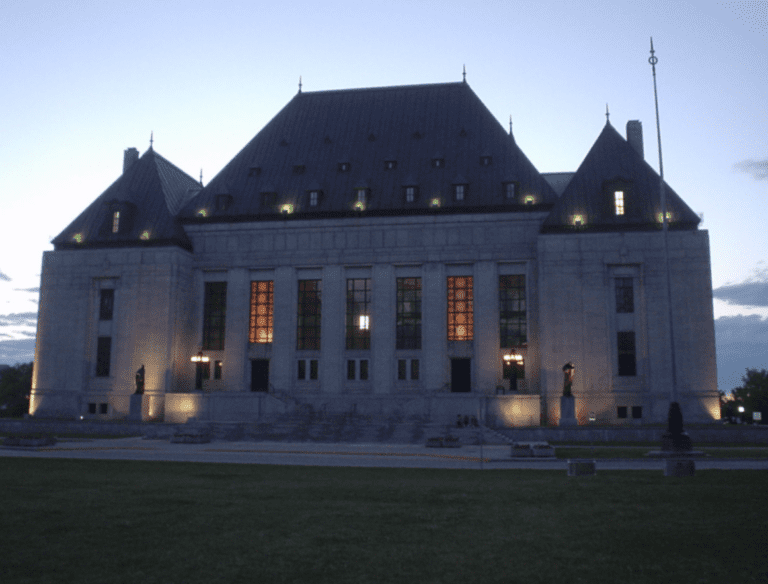BY JOHN CARPAY, The Calgary Herald
Access to a waiting list is not access to health care.” These words, from the Supreme Court of Canada decision in Chaoulli v. Quebec, apply very personally to Richard Cross and Darcy Allen, who have launched court challenges to the Alberta government’s monopoly over health care.
Darcy Allen and Richard Cross are two of the thousands of Albertans who have suffered on waiting lists in what the Supreme Court of Canada calls the government’s “virtual monopoly” over health care. Both Albertans lived in a state of severe and continuous pain for years, with no surgery available in Canada. Both were unable to work, unable to enjoy life, and facing the prospect of continued severe suffering: another 18 months for Darcy Allen, and an indeterminate number of years for Richard Cross. Both paid for back surgery out-of-pocket: $24,236 for Richard Cross and $77,503 for Darcy Allen. Richard Cross saw immediate and dramatic benefits from his surgery, while Darcy Allen’s surgery started him on a slower path back to good health. Both men seek a declaration, consistent with the Chaoulli decision, that Alberta’s ban on private health insurance violates their Charter right to life, liberty and security of the person.
Unfortunately, the experiences of these two Albertans are not unique. Each year, hundreds of thousands of Canadians suffer on waiting lists for surgery, which are longer than ever before. The 2011 edition of “Waiting Your Turn” reveals that Canadian patients must wait (on average) 19 weeks between the time when a general practitioner refers a patient to a specialist, and when the patient actually receives treatment. At four-and-a-half months, these are the longest wait times since the Fraser Institute first began measuring waiting lists in 1993. Canadians are waiting nearly 3 weeks longer than what physicians believe is “clinically reasonable” for receiving treatment. Alberta’s waiting lists are even worse than the national average: patients wait on average 21 weeks from the time they see a general practitioner until the time they receive treatment from a specialist.
In 1993, patients waited three to four weeks to see a specialist, and then five to six weeks for treatment, for a total average wait of 9.3 weeks. But in 2011, patients waited on average 9.5 weeks to see a specialist, and then a further 9.5 weeks to receive treatment. From 1993 to 2011, total wait times have more than doubled, from 9.3 weeks to 19 weeks.
In Chaoulli, the Supreme Court of Canada recognized the suffering behind the statistics, and ruled that governments cannot force people to suffer on waiting lists – sometimes even risking death – while also making it illegal for people to access health care outside of the government’s monopoly. Forcing people to suffer on waiting lists violates their Charter right to life, liberty and security of the person. If the Alberta government cannot or will not eliminate waiting lists, it must allow people to access health care outside of the government monopoly system.
In responding to these new constitutional claims, the Alberta government will likely resort to fear-mongering about “two-tier” health care. But multi-tier health care is already here. An Albertan who does not want to wait six or eight months for an MRI can pay $750 and get one in a few days. And nobody believes that the husband or wife of a doctor will suffer in pain on a waiting list for 18 months before getting surgery.
Further, non-partisan authorities like the World Health Organization, the Organisation for Economic Co-operation and Development, and the Frontier Centre for Public Policy have shown that Canada’s health care performance ranks behind that of European and Asian countries. While spending more per person on health care, Canada has longer waiting lists than countries like France, Germany, and Switzerland which allow private health care and private health insurance to co-exist alongside their public health systems.
When Tommy Douglas established Canada’s first government-run health program in Saskatchewan, he did not ban private health care. A recent Ipsos Reid poll reveals that 76% of Canadians support the right to buy private health insurance for all forms of medically necessary treatment, including cancer care and heart surgery. Extending the Chaoulli judgment into Alberta will push Canada towards adopting the superior health care policies of Asian and European countries. More significantly, extending the Chaoulli decision into Alberta and other provinces will secure the right to life, liberty and security of the person for all Canadians.
Calgary lawyer John Carpay is President of the Justice Centre for Constitutional Freedoms (jccfold.wpenginepowered.com) and represents Darcy Allen and Richard Cross in their court actions.


